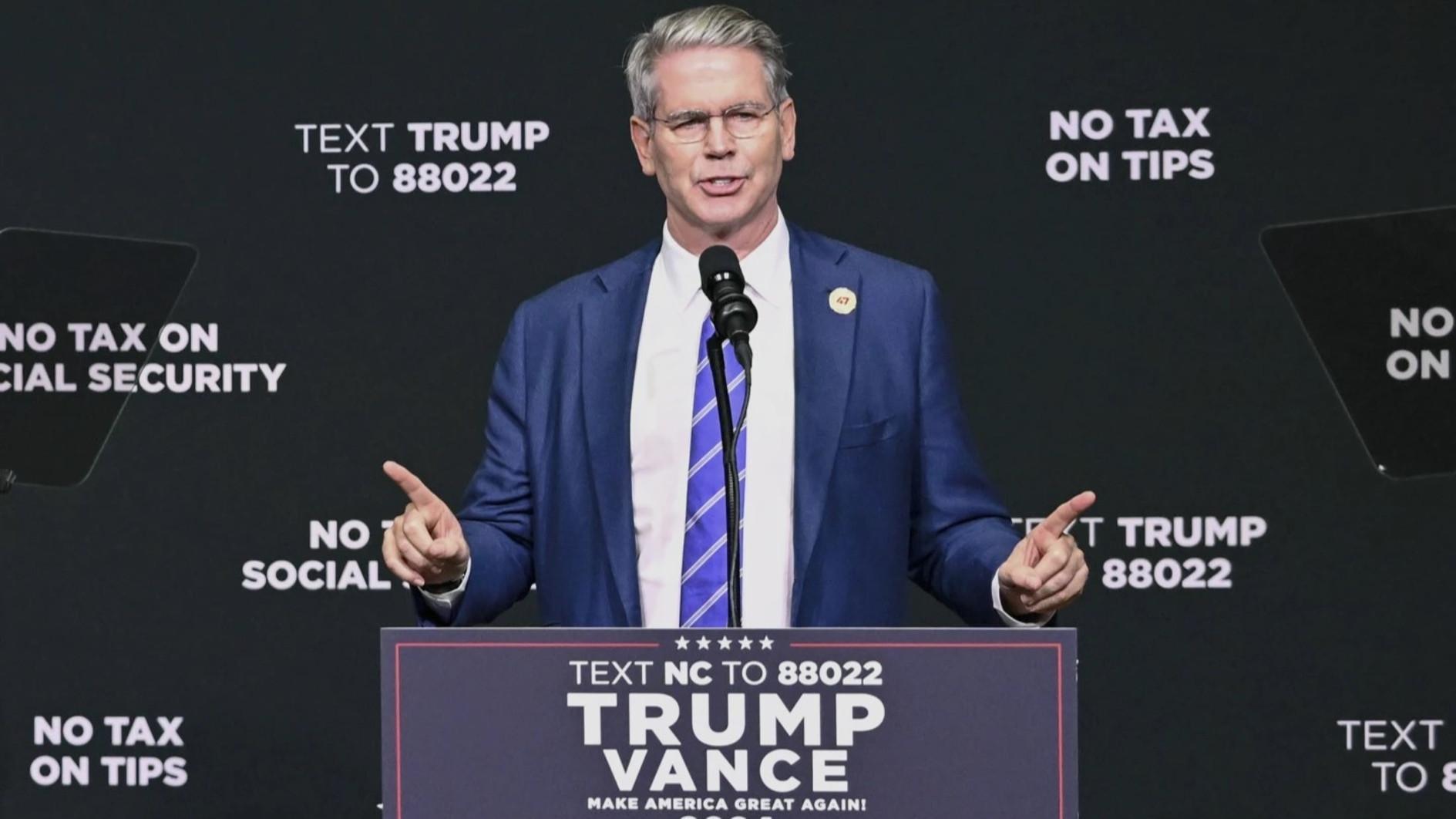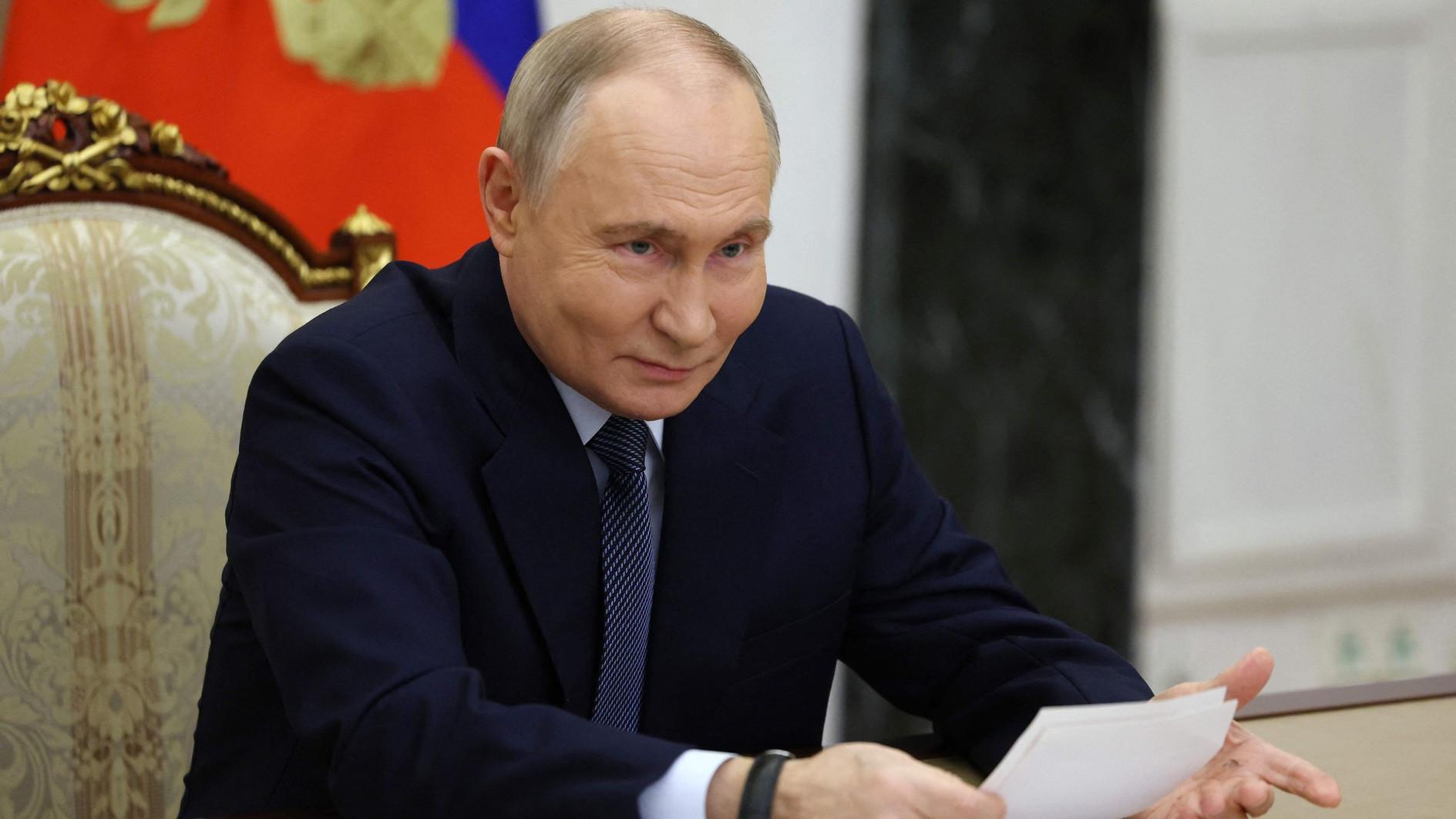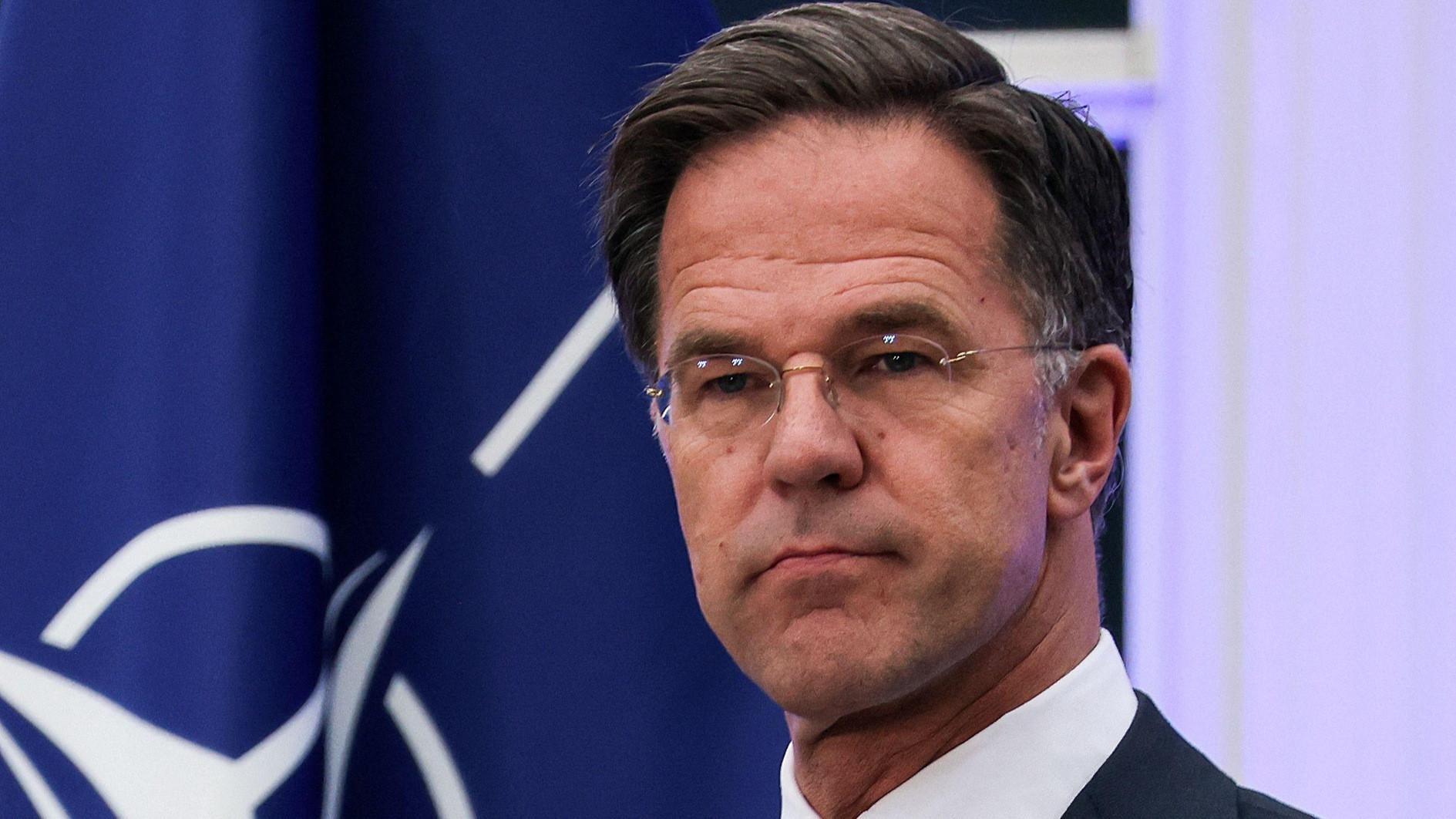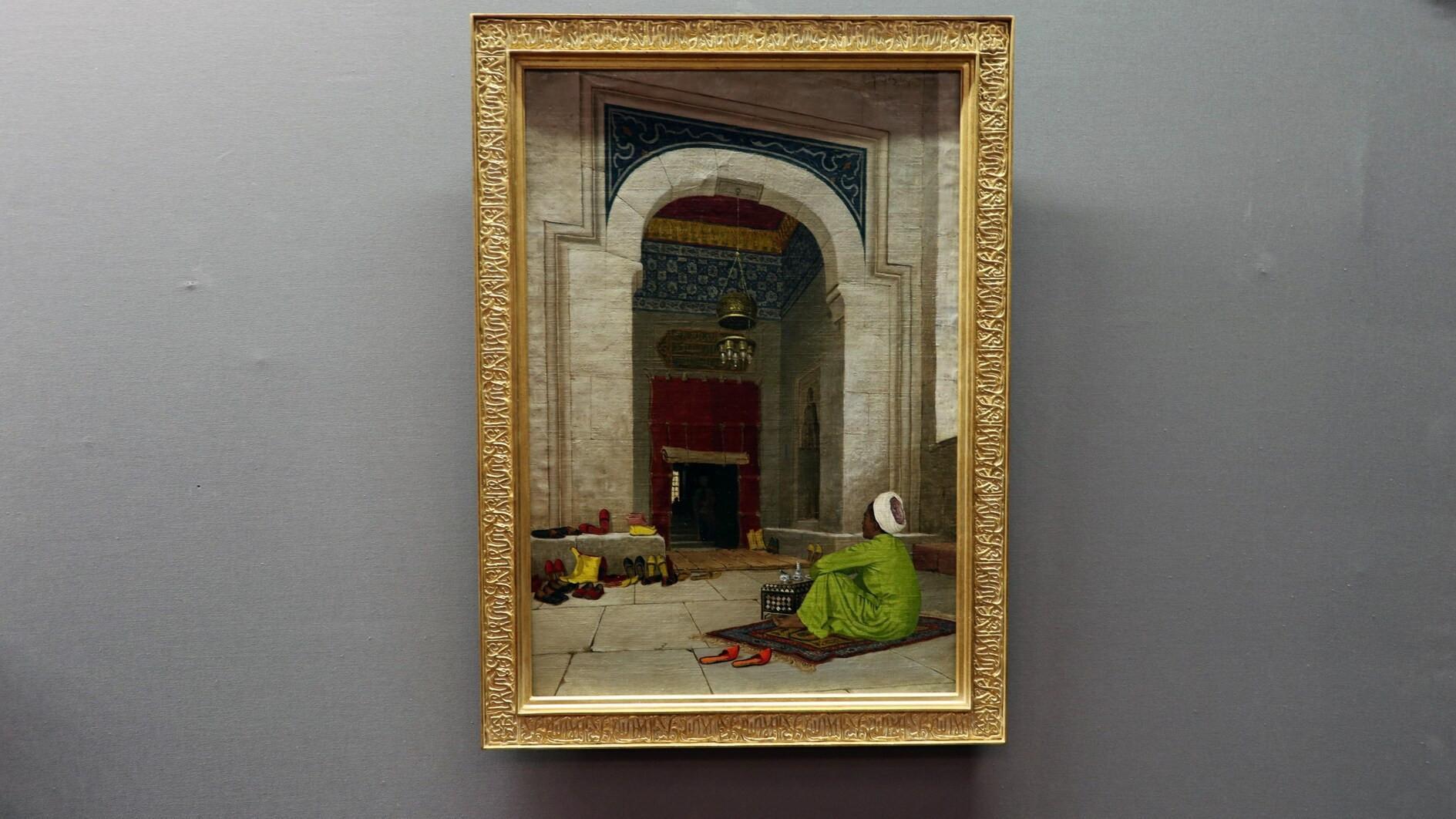Turkish foreign policy after Istanbul elections
One thing is certain: Turkey’s six-year-long election period has ended with the Istanbul re-run polls. Suffering from “election fatigue,” it’s everybody’s expectation that a four-year election-free era has begun in Turkey. Still, many in the Turkish capital believe that it will be extremely difficult for the government to sustain until 2023 and that developments may lead to early presidential and parliamentary votes.
This column, however, will try to analyze how Turkish foreign policy will look like in this period and whether a re-calibration on key matters will be observed.
A general feature of Turkish foreign policy influenced by unending internal political strains can be summarized as “Turkey has no a real foreign policy but an internal policy that spreads beyond its borders.”
That trend began in mid-2013, during the massive Gezi Park protests, as the ruling Justice and Development Party (AKP) developed a very strong national narrative that blamed the entire Western bloc for plotting against the economic rise and political influence of the Turkish Republic. The heinous July 2016 coup attempt had further fueled this feud between Turkey and the West.
Over the years, this approach has cost Turkey a lot: Turkey’s historic relationships with Western countries and institutions have been seriously tarnished, with a deteriorating record of democracy, human rights and rule of law. It now faces regional isolation as it is seen in the eastern Mediterranean with no existing channels to penetrate into the greater Middle Eastern markets.
In addition, Turkey’s ties with three key international institutions have been wounded in this period:
The European Union represents a vision for the future of Turkey. Turkey’s decades-old aspirations to join the EU reflects its will to be a part of the modern and civilized world. However, Turkey’s full membership talks with the EU came to an end during this period, with no hopes for an immediate revival. Erosion in this vision brings about questions to where Turkey is heading toward. And the answer to that question does not automatically inject hopes for the future of this country.
Second is the Council of Europe, of which Turkey is a founder. This institution upholds democracy, human rights, rule of law and fundamental freedoms, and Turkey has always benefited from the Council of Europe throughout its always troubled democratization process. However, the constant deterioration in all these said fields resulted in the reopening of the monitoring procedure for Turkey by the parliamentary body of the council.
A third important pillar of Turkish foreign and security policy is NATO. Despite problems, Turkey has enjoyed the protection provided by the alliance throughout the Cold War and developed one of the strongest armies in the region. Turkey’s recent rapprochement with Russia, particularly on strategic lines, has led to the procurement of S-400 air defense systems at the expense of drawing a reaction from the United States and at NATO. Turkey’s expulsion from the F-35 aircraft project and impending sanctions on its defense industry will likely cause more friction between Ankara and Washington as well as with Brussels.
The traditional Turkish foreign policy is based on diplomacy and balance, two key components that have been abandoned in the recent period. A recalibration based on these main pillars seems to be inevitable if the government wants to reverse the ill-strategized foreign policy which also has destructive impacts on the economy and the country’s credibility in the world.











